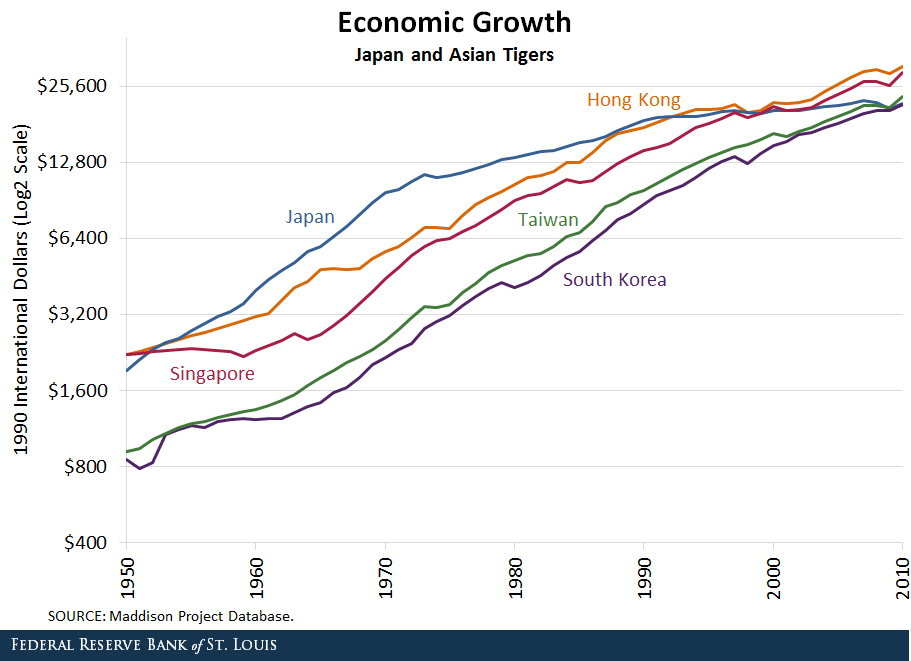To quote the excellent book “Collision Coarse”. “...Secretary of Transportation Lewis assumed his post knowing that he would face a contract negotiation with PATCO during his first year. The prospect did not worry him. He had a record as a tough negotiator. Yet his years in the railroad industry had taught him that labor agreements provided stability in the workplace. He prided himself on having learned to game out negotiations. “I know what you have to get . . . to get re-elected and I know what I can afford to give you,” would tell his labor counterparts. “What we’ve got to do is work it out.” Lewis thought PATCO’s demands and its claims of overwork and underpay were grossly inflated, but he believed that an agreement would be reached if pragmatism prevailed on both sides of the bargaining table during the 1981 negotiations. He was the best negotiating partner PATCO could have hoped for from the Reagan administration...
Following the PATCO convention, White House officials began to move toward a consensus on their final offer, with Lewis pressing for flexibility in the interest of avoiding a strike. Specifically, Lewis asked for authority to address a portion of the controllers’ salary demand...
Lewis sought approval for a precedent-setting package at the meeting. It included an unprecedented 5 percent addition to base salaries and a string of other sweeteners: an exemption for controllers from federal caps on pre- mium and overtime pay; an increase in the night shift differential from 10 percent to 20 percent of salary; a guaranteed paid one-half-hour lunch period; a stipulation that controllers in high density facilities would no longer spend more than 6.5 hours per day on position; and severance pay that would give any controller medically disqualified after at least five years on the job a one-year salary in lump sum payment. Never before had the government offered so much in a negotiation with a federal employees’ union. “
PATCO boss Poli refuses the offer and decides to push for more concessions.
“There was no consensus on whether the administration should sweeten its offer. OPM director Donald Devine was among those who opposed negotiating over salary as a matter of principle, fearing that its effects would ripple through the entire federal workforce and encourage other unions to demand similar privileges. Lewis, however, argued for flexibility and believed a few minor concessions might do the trick. The White House entrusted Lewis to make the judgment. According to notes taken by Reagan aide David Gergen at a June 20 White House meeting, the goal was to avoid a conflict with Poli and not “back him into a corner.”
Negotiations broke down and the union voted to strike.
“For all of these reasons, it was agreed that the government would add no money to its proposal. Wanting an olive branch, at least for symbolic pur- poses, Lewis sought White House support for an approach that would add no money to the June 22 proposal but would give PATCO complete flexi- bility on how to allocate the funds that had been offered. If the union wanted to devote the entire package to salary increases, it would be free to do so. Meese strongly backed this approach. Lewis also told the White House he would stay at the bargaining table until the end, so that it would be clear that it was Poli who walked out.”
We all know what happened from there. I think there are two ways of avoiding the effects the strike had on the labor movement.
1. Have Poli and the rest of PATCO realize that Reagan was not bluffing about the firings and they were offered the best deal they could realistically get.
Or 2. After the strike have Reagan decide not to implement the incredibly harsh measures he did. Nobody actually believed that the striking workers would be refused their jobs back. It was a bafflingly cruel measure that even conservatives like Jack Kemp thought was unjust.
For this the administration would just need to accept the back channel message from the AFL-CIO.
“Labor leaders were desperately interested in exploring whatever openings existed. Lane Kirkland himself passed a proposal to the White House through a moderate Republican, Senate Majority Leader Howard Baker of Tennessee, on August 14. It provided that, in return for the resignation of Poli and other top PATCO officers and their admission that the strike was illegal and that they had misled rank-and-file controllers, the administration would rehire strikers with the exception of Poli, PATCO’s national officers, and some prominent strike proponents. Under Kirkland’s plan, rehired strikers would pay a fine, reaffirm their no-strike oath, and vow not to harass nonstriking controllers, in return for the administration’s creation of a fact-finding investigation to examine their grievances and deliver non- binding recommendations. If the administration agreed to these conditions, Kirkland would endorse the solution, affirming that the strike was illegal and that the president had acted properly. Kirkland’s offer represented a huge concession and would have amounted to a humiliating renunciation of the position that the AFL-CIO took at its 1975 convention, in which it endorsed the right to strike for all government workers as a matter of prin- ciple. Labor leaders were willing to swallow their pride in this case, however, in an effort to avoid the horrific spectacle of an entire workforce of strikers permanently replaced. Kirkland wanted “a civilized way of resolving this strike.” As he explained to Ed Meese, the prospect of the strikers’ permanent replacement made the struggle a question of simple humanity more than union rights. “We’re not talking about five-letter words like PATCO and union; we’re talking about going on the battlefield and shooting the wounded.”
